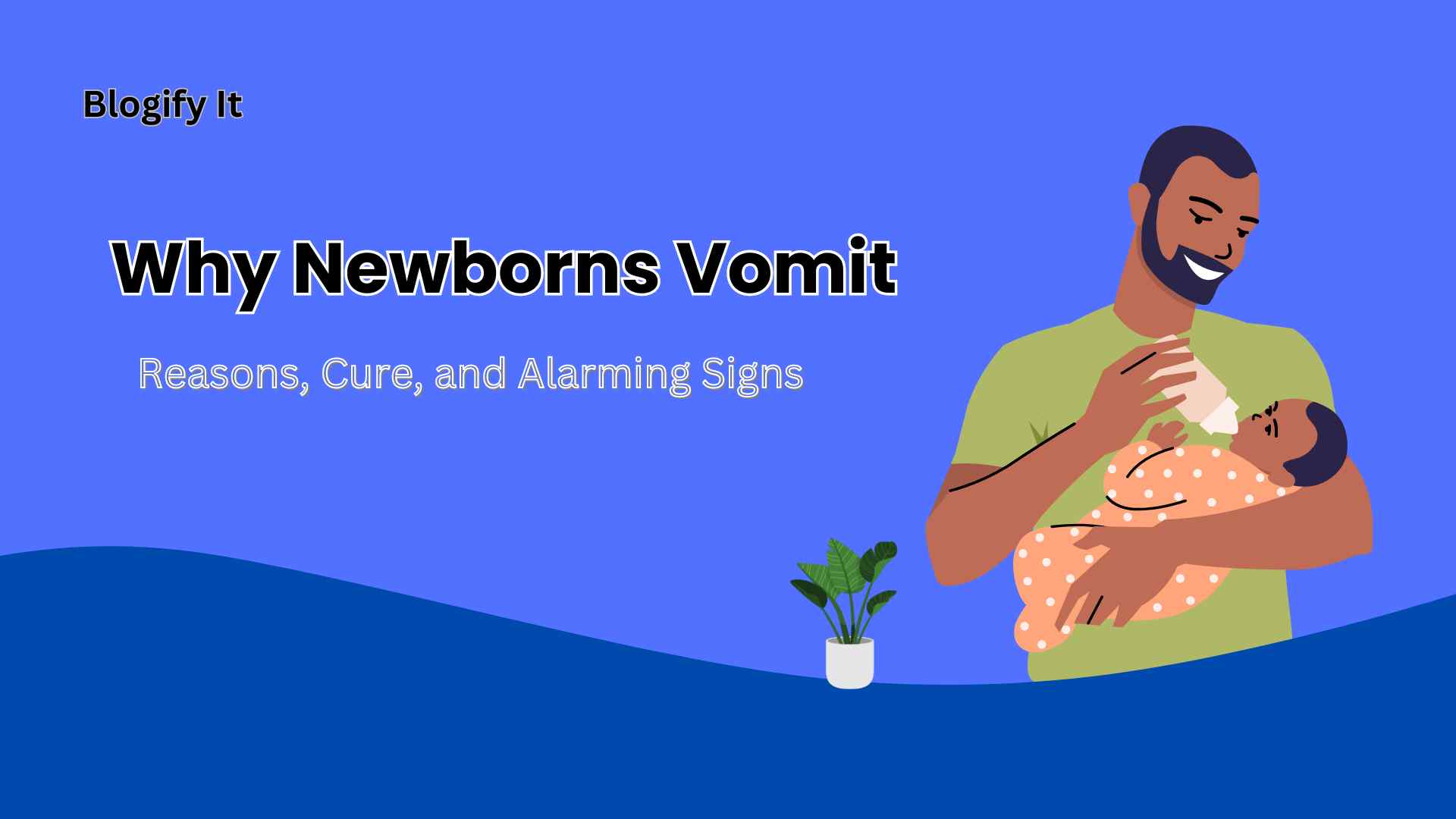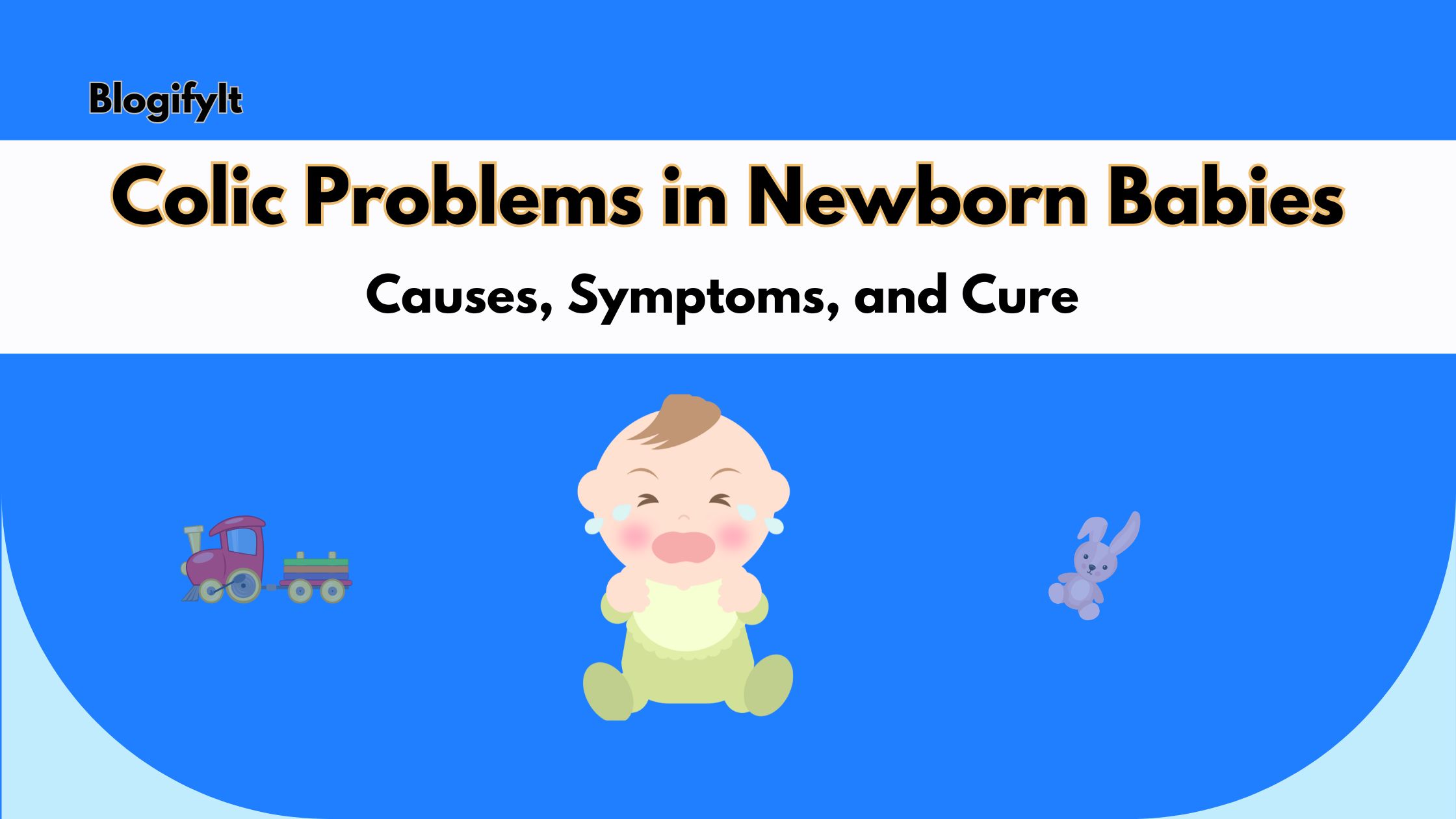Sleep in Early Childhood: Do You Know These Facts?
Does your child sleep so much? Well, children spend 40% of their childhood sleeping. However, this is not unused time. Sleep is a vital part of a child’s development as it helps their body and brain grow and develop. During sleep, the body repairs itself, strengthens the immune system, and releases important hormones for growth.
But are these the only benefits of sleep in early childhood? Well, the answer is a big NO! Today, in this blog, we’ll explore some amazing benefits of sleep in children. Not only that, but we’ll also learn how to develop healthy sleep habits and what happens if your child doesn’t get much sleep. However, before that, let’s just find out some facts that answers the question, “why is sleep important in early childhood.” So, let’s get started!
What are Scientifically Proven Facts About Sleep?
- The American Academy of Sleep Medicine suggests that children aged 6–12 years should aim for 9–12 hours of sleep, while adolescents aged 13–18 years need 8–10 hours regularly within a 24-hour period.
- Almost 30% of kids and a staggering 75% of teenagers aren’t getting the proper amount of sleep, as reported by the National Sleep Foundation.
The Importance of Sleep in Early Childhood
What makes sleep so crucial for a child’s development? Sleep is known as a “power source” to help your brain work faster. Here are some of its core significance for children:
1. Sleep Promotes Growth
We all have heard that the more children sleep, the more they grow. Well, this is not entirely true. However, there is no doubt that growth hormones are produced during sleep.
Also, a lack of sleep can hinder growth. Here, I am not referring to only the child’s height but the overall growth, including organs, bones, and tissues.
2. Makes Physical Health Better
Another crucial benefit of sleep in early childhood is to improve physical health. Children who get sufficient sleep get fewer cases of flu and colds, have a lower risk of conditions like diabetes and heart disease, and have fewer illnesses in general.
How? Well, when your child sleeps, it encourages immune function that lets the body fight against infection, lowers exposure to viruses, and controls immune response to pathogens. Isn’t that a solid reason to let your child sleep?
3. Sleep Impacts the Cognitive Function
Several studies show that sleep plays a crucial role in increasing brain power and is a massive determinant of your child’s cognitive development. A sufficient amount of quality sleep can guarantee a good attention span and boost learning ability, leading to better memory and higher IQs.
So, if you wish your child to perform better in school, let them sleep more. You should also know that lack of sleep leads to multiple learning disabilities, ADHD symptoms, and behavior issues. Some notable disabilities like Down syndrome and autism are related to sleep disorders as well.
4. Sleep Promotes Good Mood
Sleep in early childhood is also associated with emotional well-being. A child who gets enough sleep tends to be happier and more positive, while lack of sleep can lead to irritability and mood swings. This is because, during sleep, the brain processes emotions and stores them in long-term memory.
What Are the Repercussions of Less Sleep in Children
According to the American Academy of Pediatrics (AAP), a quarter of children within age don’t get sufficient sleep. This is worrying! Why? Because poor sleep in early childhood can lead to allergic rhinitis and even issues with the immune system. Not only this, it can even lead to anxiety and depression. Here are some key disadvantages of inadequate sleep in early childhood:
1. Less Sleep Weakens the Body’s Defense Mechanisms
This has to be the first point here. It means your child’s body would be unable to respond to bacterial infections or colds if they don’t get proper sleep. The reason? When children sleep, they get a better fever response.
You must have noticed that children get a higher temperature at night; this is the same reason behind it. In simple words, fevers are a sign that the body is fighting against the infections, and if a child doesn’t sleep, they can’t fight it.
2. Sleep Deprivation’s Impact on Learning
Lack of sleep can seriously impact a child’s ability to learn. When overtired, kids work more slowly and struggle to remember information from teachers or readings. This is because their brains have difficulty focusing, affecting short-term and long-term memory.
Sleep-deprived children may exhibit behaviors like spacing out in class, increased distraction, careless errors, and difficulty concentrating on assignments and tests. Additionally, tired kids often become moody and impulsive, leading to poor choices and potential disciplinary issues at school.
3. Sleep Deprivation Can Result in Childhood Obesity
Last but not least, lack of sleep in early childhood can even lead to obesity. We all know child obesity has become a crucial issue. This is majorly because of children’s less physical play and lack of sleep.
But how can sleep lead to obesity? Well, tired children tend to eat more because of a boost in the hormone that results in hunger. This leads to overeating and, eventually, childhood obesity.
All these pointers clearly show why sleep is important in early childhood. Ending this blog here wouldn’t be justice. You must be looking for some solutions as well. So, let’s find out how to develop some healthy sleeping habits in babies.
How Do You Develop Healthy Sleep Patterns in Early Childhood?
I’ve seen parents saying, “My baby sleeps at 12 or 1 am; what to do?” Well, this issue is faced by 90% of parents. Here are some key steps that can help you to build some healthy sleep habits in childhood:
1. Unlocking Your Baby’s Sleep Signals
Have you ever wondered how your little one whispers, “I need sleep”? Keep an eye out for these cues:
- The classic eye rub
- A cute little yawn
- Glancing away from you
- A touch of fussiness
Now, here’s a question: why wait until your baby is overtired when spotting these signs early can make bedtime a breeze?
2. Crafting a Day-Night Sleep Symphony
Imagine your baby as a maestro of sleep. From the tender age of 2 weeks, introduce the concept that daytime is for play and nighttime is for sweet dreams. But here’s a twist: babies don’t always stick to plans, do they?
In the darkened hours, keep things low-key. Soft lights, gentle voices – a hint that nighttime is for tranquility. Your baby catches on fast!
3. Dance of Feeding and Sleeping
After the first month, let’s stop falling asleep while feeding or rocking. Why? Because we want to help your baby learn to sleep on their own like a superhero.
Do you think feeding your baby more will lead to longer sleep? Not quite. Just like when you overindulge, an overfed baby might find sleep elusive.
A quick tip: Never prop a bottle for bedtime – it’s a no-no for safety and health.
4. Wake or Not to Wake? After 2 Months
Now, here’s a ponder-worthy moment. If your healthy, growing champ hits the 2-month milestone, waking them for nighttime feeds might not be necessary. But wait, there are exceptions!
- Are they napping more in the day than night?
- Have they gone over 4 hours sans a munch (3 hours for breastfed champs)?
For our special little ones, like preemies, a customized approach might be in order.
5. Teamwork Makes the Dream Work
Now, let’s talk about teamwork. Have a chat with your partner, babysitter, or family members. Share your sleep strategy, like setting up a bedtime routine that sings lullabies to your baby’s senses.
And if you have older kids in the mix, consider bedtime rituals for them, too. Regular sleep times, even on weekends, ensure a well-rested household. Sweet dreams, everyone!
Do you have this question in mind, “what is the scientifically proven best amount of sleep?” Here is a quick guide:
| Quick Sleep Guide | |
| Child’s Age | Amount of Sleep |
| Birth to 3 months | 14 to 17 hours |
| 4 to 11 months | 12 to 15 hours |
| 1 to 2 years | 11 to 14 hours |
| 3 to 5 years | 10 to 13 hours |
| 6 to 13 years | 9 to 11 hours |
| 14-17 years | 8-10 hours |
Final Thoughts
Understanding the profound importance of sleep in early childhood is the first step toward ensuring your child’s well-being. These insights into sleep facts, benefits, and healthy sleep habits provide a roadmap to nurture your child’s development. Let’s prioritize quality sleep for our little ones and pave the way for brighter, healthier futures.




